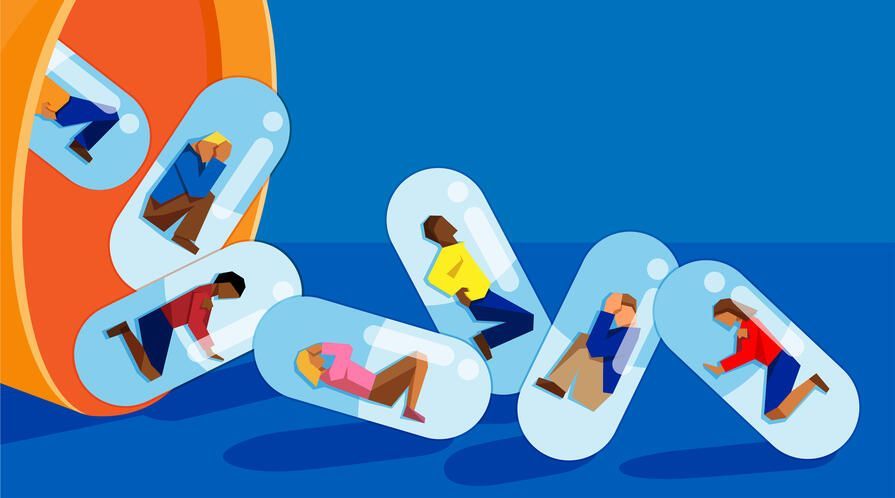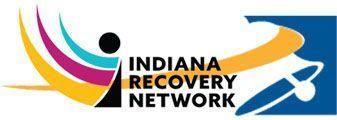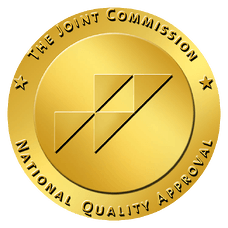New Paragraph
Complete the pre-screen form below to initiate the admission process. Our admissions team will contact you shortly.
Opioid Addiction Treatment & Rehab
There are several different opioid addiction treatment options, but not all are appropriate for everyone.
Depending on the severity and length of your opioid or opiate addiction, treatment options may include medical detox, inpatient rehab, outpatient rehab, or a level in between, such as partial hospitalization or intensive outpatient.
If you are addicted to opioids like OxyContin or opiates like morphine, know that your substance use disorder is highly treatable. Wabash Recovery offers comprehensive treatment for opioid addiction (the umbrella term for opioids and opiates). We implement numerous strategies, using medical and therapeutic interventions to help you adjust to life without opiates. Our team at Wabash Recovery comprises addiction science experts dedicated to supporting you in your journey towards recovery. Our goal is always the same: to empower you to maintain a lifetime of recovery.
What Are Opioids?
Opioids, a potent type of pain relief medication, are classified as controlled substances. Because of this, opioids can only be obtained legally through a prescription. While numerous opioids are synthetically produced, certain varieties, such as morphine, opium, and heroin, are naturally derived from the poppy plant and are referred to as opiates.
Common opioids include:
- Oxycodone (OxyContin)
- Hydromorphone (Dilaudid)
- Hydrocodone
- Codeine
- Morphine
- Methadone
- Fentanyl
- Heroin
Recognizing An Opioid Addiction
As individuals grapple with opioids, telltale signs often emerge along their path toward addiction. Loved ones, friends, or even the individuals themselves might observe symptoms that could serve as warning signals.
Opioid addiction is marked by exhibiting two or more of the following indications:
- Taking opioids in greater amounts or for a longer duration than intended
- Having made unsuccessful attempts to quit opioids before
- Devoting an excessive amount of time to obtaining or consuming opioids
- Experiencing cravings for opioids
- Struggling to fulfill responsibilities at work, school, or home due to opioids
- Facing social or interpersonal challenges as a result of opioids
- Sacrificing other activities for opioids
- Using opioids in situations where it poses physical risks
- Continuing to use opioids despite awareness of the harm to mental or physical well-being
- Requiring higher opioid doses to achieve the initial effects
- Experiencing withdrawal symptoms upon trying to discontinue opioid use.
Treatment for Opioid and Opiate Addiction
Once ensnared by opioids, maintaining a functional life becomes an immense challenge. Typically, the grip of addiction wreaks havoc on families, professions, finances, and more. Nonetheless, this bleak path doesn't have to be your destiny. Effective help is more accessible than you realize.
If you are grappling with opioid addiction, the most beneficial step is to enroll in a drug rehabilitation program or commence online counseling sessions via the
Nobu app. Our adept clinical team comprehensively understands how to address opioid dependency, tailoring programs to suit your individual requirements.
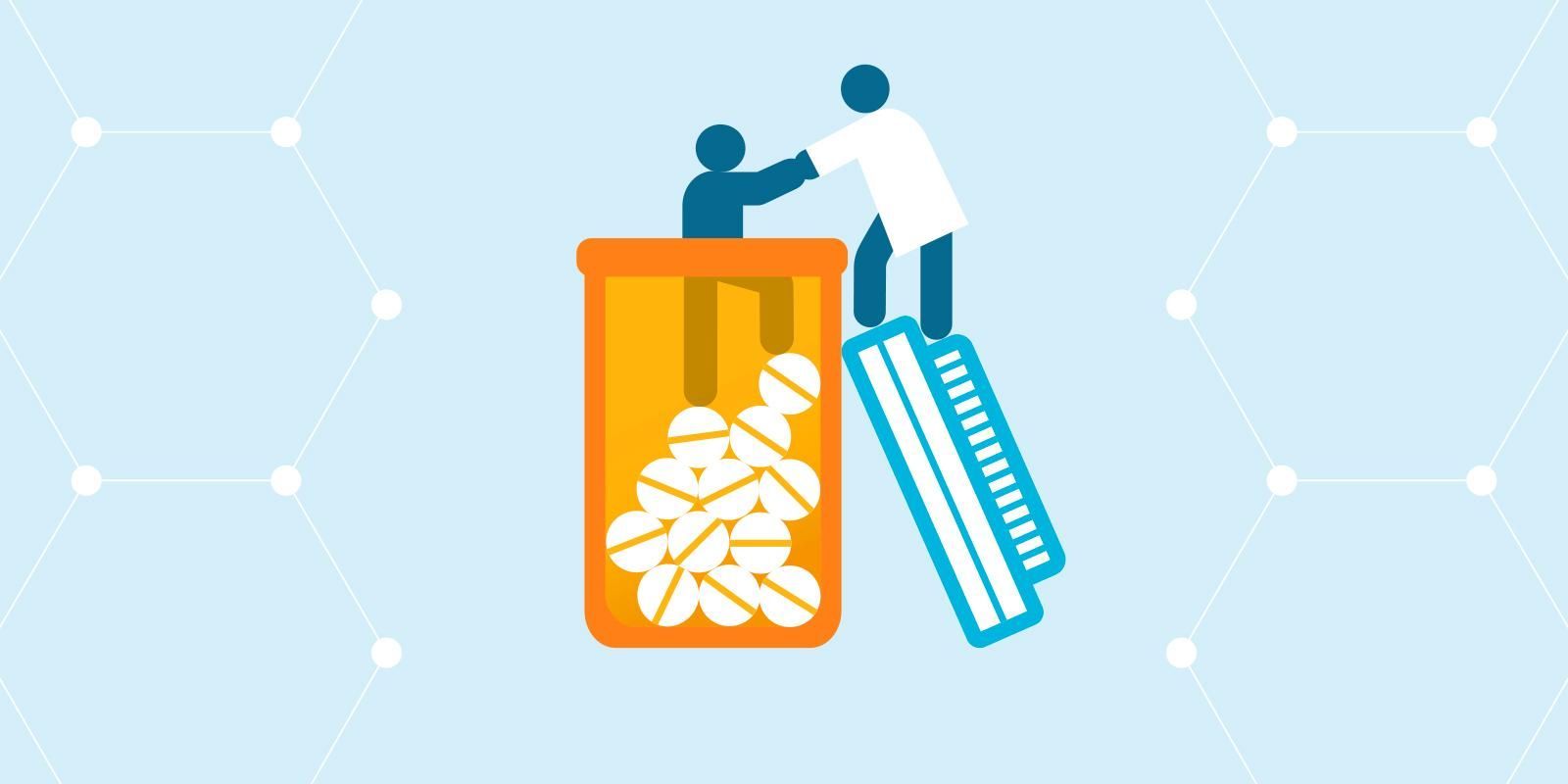
Opiate Rehab
Rehabilitation for opioid addiction treatment entails a comprehensive four-phase approach at Wabash Recovery:
- Intake evaluation: To initiate the program, our evaluation team conducts thorough medical and psychiatric assessments to gauge the severity of the addiction and identify any co-occurring mental health conditions. At Wabash Recovery, our intake assessments are meticulously designed to understand each individual's unique needs.
- Medical detoxification: This critical phase assists in purging the body of opiates or opioid substances. Recognizing the discomfort often associated with opioid detoxification, we work with partnered programs locally who help with detox programs.
- Treatment and recovery: Every individual at Wabash Recovery receives a personalized treatment plan tailored to their specific requirements. In addition to specialized medical care in both residential and outpatient settings, our programs incorporate a range of therapeutic interventions such as individual sessions, group therapy, and recreational activities.
- Continuing support: As treatment nears completion, our team collaborates with each individual to develop a comprehensive aftercare plan aimed at preventing relapse. This may involve setting up follow-up appointments, engaging in regular counseling sessions, participating in local support groups like Narcotics Anonymous, and exploring options for sober living arrangements. By establishing structured aftercare strategies, we strive to sustain the progress achieved during rehabilitation by offering ongoing guidance and encouragement.
Types of Opiate and Opioid Addiction Treatment
There are several different opioid addiction treatment options, but not all are appropriate for everyone. Depending on the severity and length of your opioid or opiate addiction, treatment options may include medical detox, inpatient rehab, outpatient rehab, or a level in between, such as partial hospitalization or intensive outpatient.
The right type of opioid addiction treatment for you may be recommended by a medical professional such as a primary care doctor. However, the proper level of care will be determined after a thorough clinical assessment at a rehab center like Wabash Recovery.
Inpatient Rehab for Opiate and Opioid Addiction
For people with severe opioid addictions, inpatient (residential) rehab may be the best option. Following medically assisted opioid detox, this intensive level of care allows patients to stay on-site at a rehab center. It includes 24-hour nursing staff monitoring, medication management (if necessary), counseling with a certified addiction therapist, and more.
Inpatient (or residential) rehab is a great next step for someone who still has trouble controlling the intense cravings for opiates when left unsupervised. Residential patients can benefit from comprehensive evaluation and treatment planning, an ongoing review of these treatment goals as the program progresses, and an opportunity to address challenges during treatment with the treatment planning staff.
In residential treatment, patients can learn to live without opiate or opioid drugs, developing strong coping mechanisms and recovery skills through individual and 12-step group programs. Inpatient rehab is the foundation for building a healthy future, and participating in this level of care dramatically improves patients’ chances of sobriety.
Depending on what is clinically appropriate during a patient’s stay, Wabash Recovery inpatient treatment for opioid addiction may include:
- 24-hour nursing supervision
- Co-occurring disorders treatment
- Medication management, as necessary
- Nutritionally balanced meals prepared by a nutritionist
- Individual therapy with an addiction counselor
- Group or 12-step therapy that may address topics about substance abuse, grief and loss, sexuality, trauma survival, self-esteem, family patterns, assertiveness, and interpersonal relationships
- Family therapy, as needed
- Alternative therapy options, such as exercise and art activities
- Aftercare and discharge planning
Inpatient rehab allows people to commit to their own well-being and good physical and mental health, relationships, finances, and more. For this reason, going through a continuum of care programs, from medical detox through aftercare, is recommended. While an inpatient stay may last 28 days or longer, studies show the more time a person stays in rehab, the better their chances of recovery.
Opioid and Opiate Addiction Outpatient Rehab
Outpatient treatment for opiate addiction offers most of the same elements of inpatient rehab without living on-site. Outpatient rehab is often an ideal program for those who have already completed higher levels of care (medical detox, inpatient or partial hospitalization) and are physically and mentally stable but need assistance transitioning back to daily life.
Outpatient patients can often maintain family and job responsibilities while attending therapy in the evenings or on the weekends. People in daytime outpatient rehab can learn valuable sobriety skills while returning to school or work.
Structured outpatient treatment typically involves regular meetings with an addiction professional and includes counseling and therapy sessions. The goal of therapy during this time is to build a sense of autonomy for continued recovery. Our counselors may use motivational interviewing, cognitive behavioral therapy (CBT), multidimensional family therapy, and contingency management during outpatient treatment.
At Wabash Recovery, outpatient treatment usually contains the following services:
Individual counseling
Group therapy
Psychiatric counseling for those with anxiety, depression, and other co-occurring disorders
Nutritional counseling
Group Therapy
Therapy is important in any drug rehab program. Wabash Recovery ensures each patient benefits from group therapy sessions regardless of which program they are enrolled in. These groups take a collaborative approach to counseling and may involve more than one therapist in a small circle of people.
Group therapy can be extremely useful in the opioid rehab environment because many patients face the stigma of addiction. They feel ashamed, embarrassed, and have a low sense of self-worth. By sharing similar experiences, people can realize they are not alone in their feelings or experiences. The we’re-in-it-together mindset is a common thread among the group and helps promote healing.
Group members can motivate others, encourage proper communication about their experiences, and learn to process their reactions to these experiences. Profound friendships are formed during group therapy because many members relate to each other during this challenging time. Topics cover a wide range of areas, including:
- Education on addiction
- Stress management
- Coping with triggers and cravings
- Relapse management
- Forming healthy habits and relationships
- Managing medications
- Dealing with mental illness
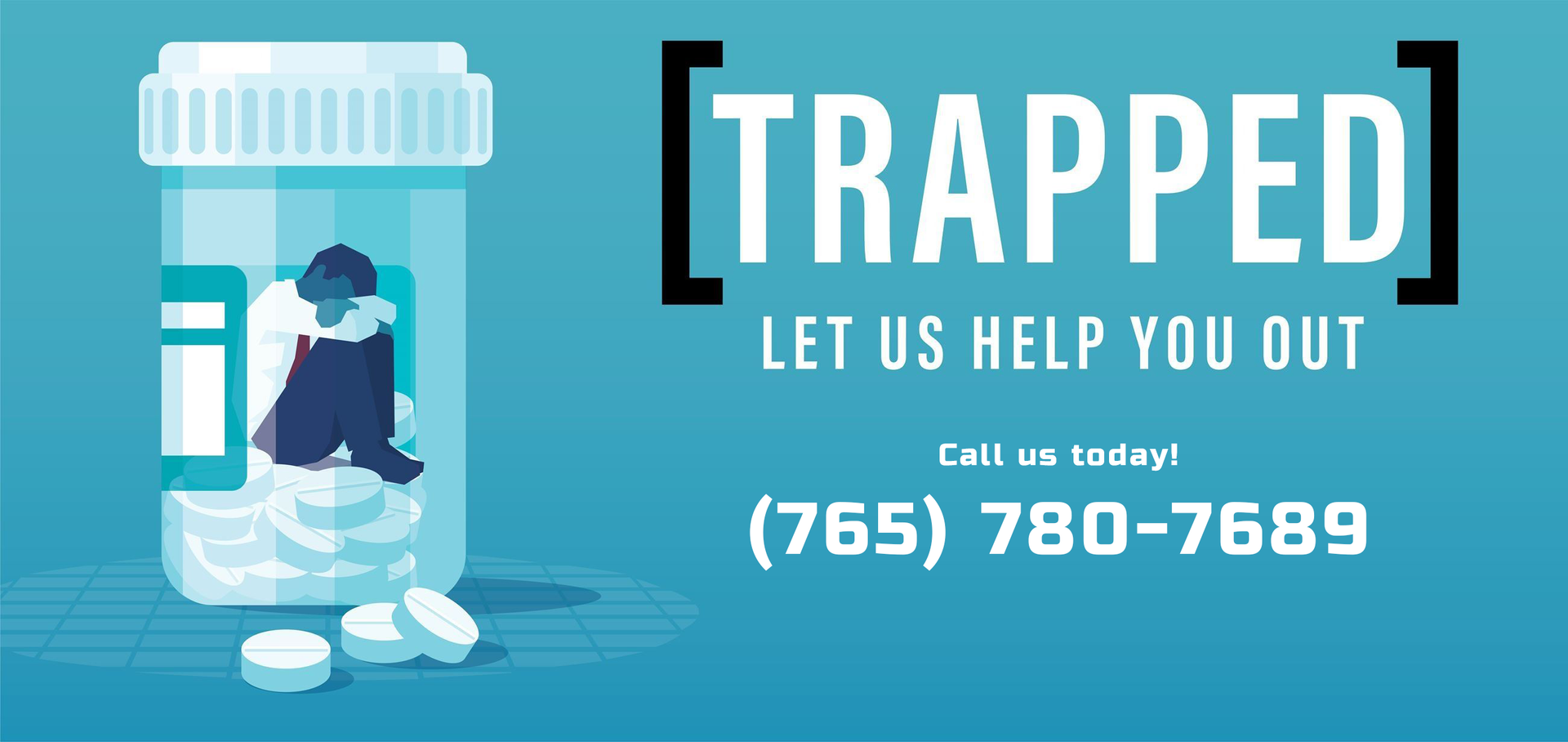
At Wabash Recovery, we offer a variety of group therapy sessions designed to support and empower our patients on their journey to sobriety.
- Peer support groups create a nurturing environment for individuals to share their experiences and receive encouragement and feedback from others who understand their struggles, fostering improved communication skills and emotional expression.
- Educational groups provide valuable insights into addiction and relapse by exploring the scientific aspects of substance use disorders, empowering individuals to confront and conquer the challenges of addiction with knowledge and understanding.
- Cognitive-behavioral therapy groups help patients reshape their thought patterns and behaviors related to addiction, promoting positive change and resilience in their recovery process.
- Life skills groups equip individuals with practical tools and strategies to manage triggers and stressors in daily life, offering guidance on job-seeking, budgeting, and other essential skills necessary for maintaining a healthy, balanced lifestyle.
- Experiential groups offer hands-on opportunities for individuals to apply and practice their newfound skills in real-world scenarios, such as dining out or engaging in social activities, to enhance their confidence and ability to navigate challenges in sobriety.
Dual Diagnosis Treatment:
At Wabash Recovery, we recognize the complex relationship between substance abuse and mental health disorders. Many individuals struggling with addiction also face co-occurring mental health conditions, necessitating a comprehensive approach to treatment.
Dual diagnosis refers to the presence of both addiction and a mental health disorder, which often exacerbate and perpetuate each other. Addressing these interconnected issues simultaneously is crucial for achieving lasting recovery and overall well-being.
Common co-occurring mental health disorders with addiction include:
- Depression
- Anxiety
- PTSD
- Bipolar disorder
- Schizophrenia
- Eating disorders
- ADHD.
Our integrated treatment model focuses on addressing the unique needs of each individual by conducting a thorough evaluation to identify and treat co-occurring mental health concerns alongside addiction.
At Wabash Recovery, our commitment is to provide holistic and personalized care that encompasses both addiction and mental health treatment, empowering individuals to achieve true healing and lasting recovery.
Paying for Opiate and Opioid Rehab
Like any medical treatment, a fee is associated with drug rehab. However, this is a necessary expense as it is a life-saving measure that can help anyone facing opiate addiction get their life back on track. Opioid addiction treatment options shouldn’t have to break the bank, and many insurance companies will help lighten the financial load. Our intake coordinators at Wabash Recovery are well-versed in the nuances of insurance and can help each patient understand what their plan covers.
In the instance that insurance does not cover the entire cost of rehab, there are other methods of paying for treatment, including private loans, public loans, scholarships, employee assistance programs, and more. While it may seem burdensome, paying for a short time of rehab far outweighs the cost of living with addiction.
Does Insurance Cover Opiate and Opioid Addiction Treatment?
The cost of rehab programs varies from center to center. Typically, inpatient treatment costs are higher than outpatient care due to the residential component. Many people delay or avoid treatment because they fear that they can’t afford it when, in fact, it is often covered by their health insurance policy.
Our intake coordinators at Wabash Recovery are experienced in coordinating with many insurance companies and will work with you one-on-one to discuss your insurance plan coverage.
Alternative Payment Options for Rehab
If you believe you can’t afford rehab and finances are an issue, state and low-income government assistance options are available. You may also consider borrowing money from a family member or taking out a personal loan to finance rehab.
If you have questions about your insurance coverage, do not hesitate to call our Recovery Advocates at Wabash Recovery. Calls are free and confidential, and there is no pressure to commit to treatment. Our interest is in helping you finance rehab and get the help you need for opiate addiction.
How Wabash Recovery Treats Opioid Addiction
At Wabash Recovery, we go the extra mile to address your addiction with a comprehensive range of services. From medical detox to rehabilitation to aftercare, our focus is on guiding you through each stage of your recovery journey.
Contact us today to learn how we can support you in achieving a life free from opioid dependence.
